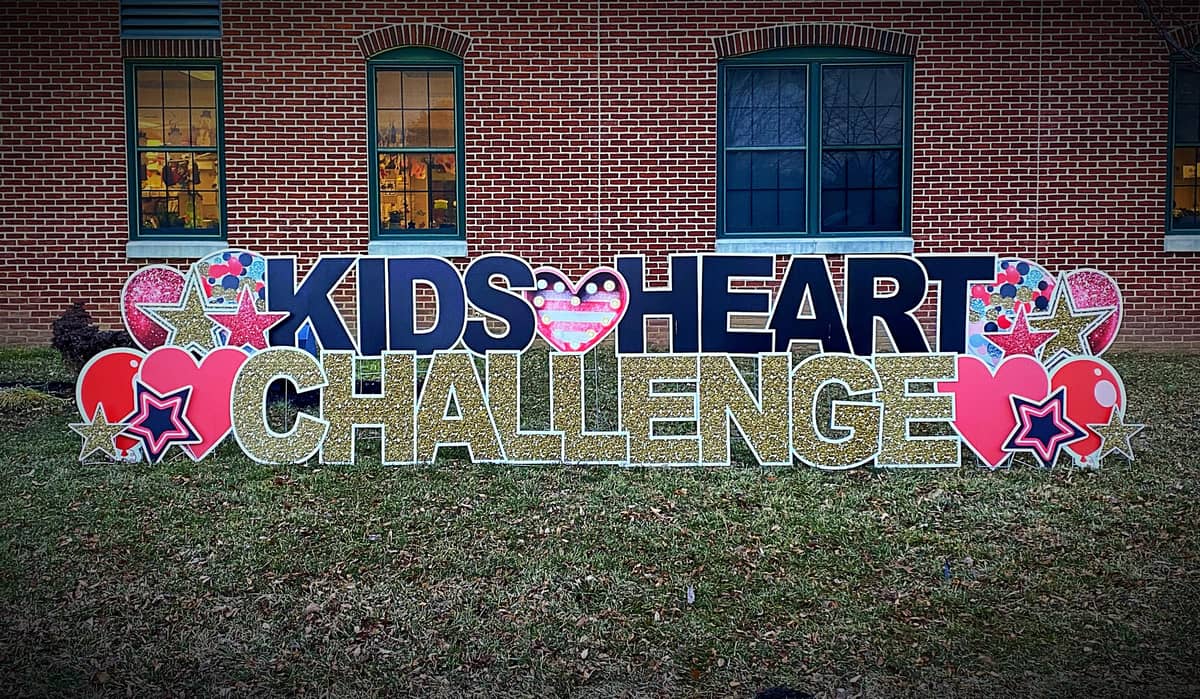They served their country, but broke the law.
Many veterans who ran afoul of the criminal justice system ended up in prison or became repeat offenders. However, since December 2018, Veterans Court has offered qualified veterans in Lebanon County another option.
“It’s part of a ‘thank you’ to our veterans for the services they provide to our country,” President Judge John Tylwalk of the Lebanon County Court of Common Pleas said in a recent interview.
The program, Tylwalk said, benefits veterans in various ways.
All of the veterans in the program “have had prior experience with the court system,” he explained. “People tend to view the court system as a negative thing—a system that is more inclined to punish them than to benefit them. But this system isn’t there to catch them and put them in jail, but to help them with significant issues that they have in their lives.
“The fact that they’re all veterans gives them a commonality of experience, which aids them as they go through the program.”
So far, said District Attorney Dave Arnold, Veterans Court has “been very successful.”
“It’s given us the ability to help people to help themselves,” he said. “That’s how I view treatment courts; it puts people in a position to make their own lives better.”
Similar in concept to the county’s already-existing DUI Court, Veterans Court allows veterans to meet certain conditions while serving a suspended sentence. If the veterans meet the program’s obligations, the charges against them are reduced or eliminated.
Tylwalk said 13 veterans are currently in the program. Their crimes, he said, run the gamut from burglary and theft to DUI.
He recollects only one veteran who declined to participate in the program, and another who started the process but committed “ongoing violations of the rules of supervision” and fled the region without completing it.
The program, according to a handbook provided by probation services, promotes public safety and provides participants with “the tools necessary to lead a productive and law-abiding lifestyle.” It’s based on a model that’s been used nationwide, and it’s open to veterans from any branch of the military, including the Reserves and National Guard.
Veterans who have been charged with a crime can be referred into the program from various authorities, Tylwalk said—including the vet’s defense attorney, the district attorney’s office, or the state’s prison system. The district attorney can veto a veteran’s participation based on past crimes, the judge said.
Also, according to the handbook, anyone charged with a homicide or Megan’s Law violation is ineligible.
In many cases, Arnold said, veterans face legal issues because of the after-effects of their service. Problems such as post-traumatic stress disorder can make it hard for them to reintegrate into society, he said.
Through the program, he said, “we’re able to put those people in touch with services that they might need. Help them find employment. Whatever it is that they might be lacking in their lives.
“We’re a resource to help them get back on track.”
It’s an important service, Arnold added.
“We have to acknowledge what the veterans have done for our nation,” he said. “If they have some challenges as a result of their service, we have an obligation to help.”
And, by helping the veterans get over the obstacles in their lives, Arnold said, “it makes our community safer. Hopefully, they don’t reoffend in the future, so they won’t be back in the system.”
Not everyone is right for the program, Arnold noted.
“The right candidate has to be somebody who sincerely wants to improve their life, who wants to do the right thing. Someone who has some challenges, who made some mistakes along the way but who wants to stop the cycle, to do the right things,” he said. “Those are the people who will thrive in this program.”
Participants will spend at least four months in the program, including random drug testing and regular meetings with the judge, probation officer and a mentor assigned to the case. Supervision may continue for up to a year after the program’s completion.
The response to the program so far, Arnold said, “has been pretty outstanding.”
“There’s a sense of camaraderie among the participants. This might not be the first choice of what they’d like to do with their time, but I think they all understand the importance of it.”
Tylwalk said veterans in the program are linked to mentors who served in the same branch of the service—someone they can reach out to in confidence and who is obligated to the participant more than the court.
“It’s not their duty to report to us if a person is going off their path,” the judge said. “Their duty is to work with that person and hopefully keep them on the right path.”
Because the program is partnered with Veterans Affairs and local drug, alcohol and mental health agencies, he said it’s easy to hook up veterans in the program with the services they need.
With one probation officer dedicated to the Veterans Court program, Tylwalk said they can handle 25 to 30 veterans in need. If the program needs to expand, he said, they can look at the option of adding another probation officer to the team.
At present, he said, the program isn’t funded by Lebanon County taxpayers. There are some federal dollars in play, Tylwalk said; otherwise, he said, the county has simply reallocated personnel to handle the workload.
The concept, he added, has potential for expansion into other areas, such as a mental health or drug addiction court.
Specialty courts are becoming an important avenue to help people from getting lost in the system, Tylwalk said.
“Those who have been in the criminal justice system before, they’re all a little nervous when they come into court,” he said. “They assume the judge is going to do something negative to them, the judge is going to put them in jail. It’s a process of developing trust.
“There’s some time involved in getting to know each other, developing a relationship. But as a whole, I think they all now view this as something positive. It’s a lot of work on their part … but they appreciate the effort that we’re making.”
Veterans who are interested in mentoring participants in the program should call Mike Chabitnoy at 717-274-2834, ext. 3106, or email him at lebvetmentor@gmail.com.
“We have received tremendous support from the community and we hope that will continue,” Tylwalk said.
Do you believe these stories matter?
Same here. Did you know that our stories are free to read thanks to the support of our members and advertisers? Help us tell more stories of Lebanon County’s past by joining LebTown as a member.
Join LebTown as an annual member and you’ll reserve a limited-edition LebTown coffee mug of your own, plus all the usual benefits!
Learn more and join now here.























